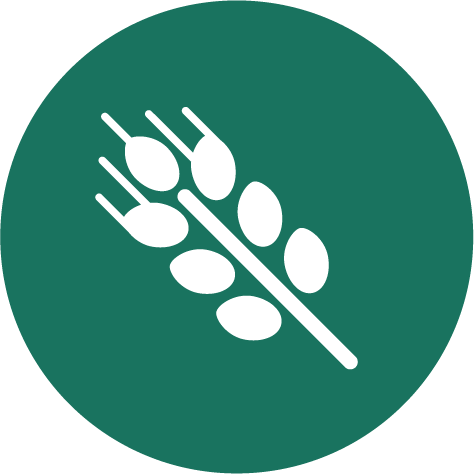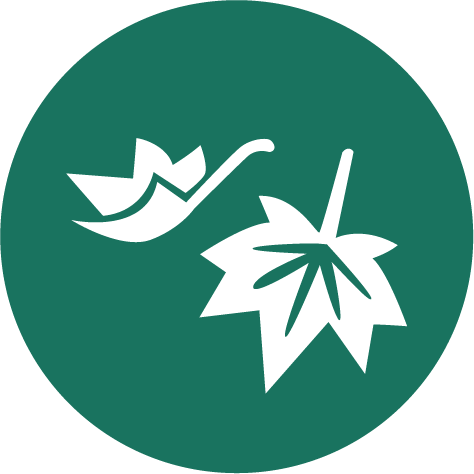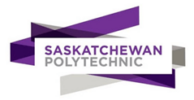 Agriculture & Agri-Food
Agriculture & Agri-Food Online at your own pace
Online at your own pace Fall Term
Fall Term Winter Term
Winter Term Less than $500
Less than $500 English
English
This microcredential will teach you how to minimize your environmental impact through sustainable practices. Additionally, you’ll explore food sovereignty, learning how it enables communities to produce higher-quality food, increase the value of their crops, and make local decisions that positively impact both people and the environment.
The microcredential is specifically designed to train Indigenous producers in Northern Saskatchewan. The design and delivery will support, acknowledge, and respect the learners’ needs and time. To meet the needs of students, the online course has been designed to be user friendly, highly engaging, and interactive. Producers from all areas of Canada will benefit from taking the course.
Learning Outcomes
Assessment
Food sovereignty and sustainable agricultural practices go hand in hand. Understanding the environmental impact and working to reduce that impact will assist in sustaining a better food supply chain, making good decisions regarding our environment and ecological systems, and lowering our carbon footprint in the food production industry. This micro-credential explores how we can reduce our impact on the environment and ecological systems with proper farming practices. It also explores what food sovereignty means and how to work together to make better food, increase the value of the food we grow, and make decisions locally that better suit the environment:
 Fall Term
Fall Term Winter Term
Winter Term